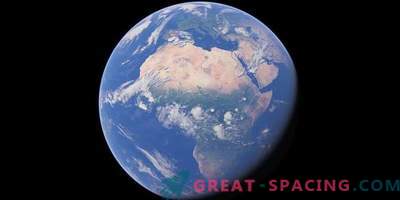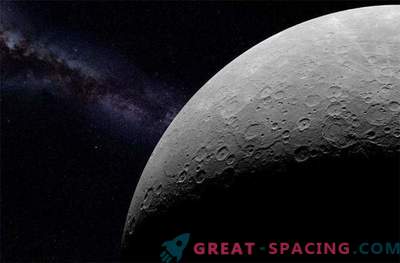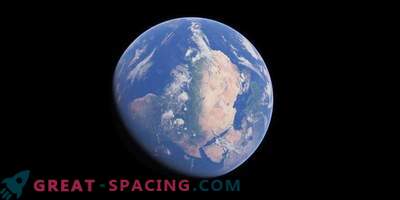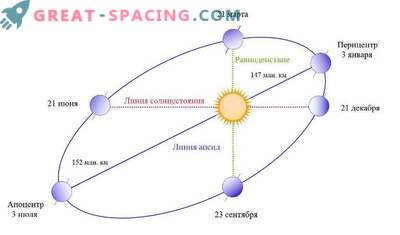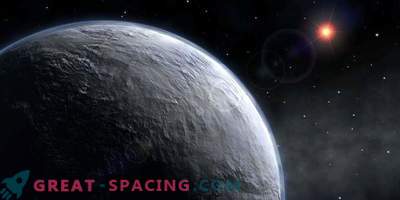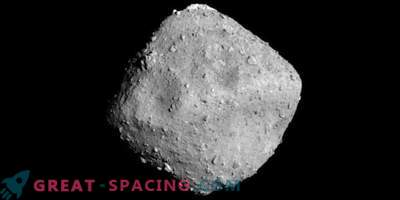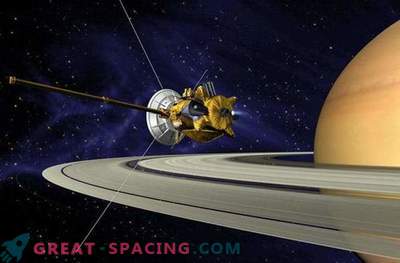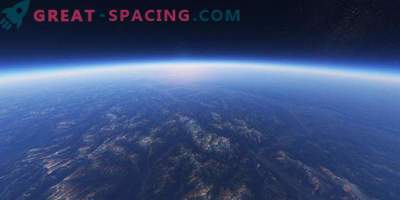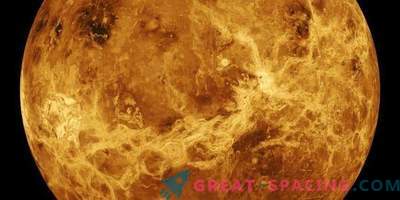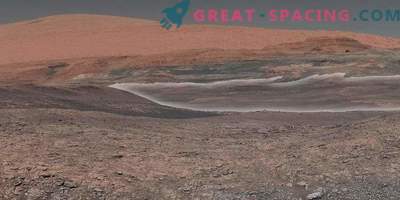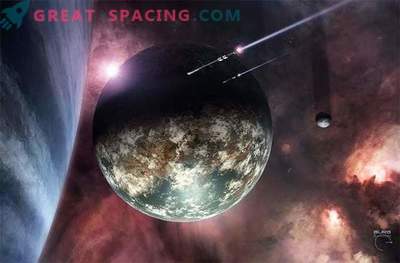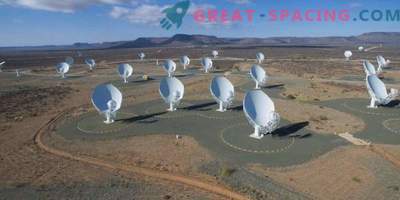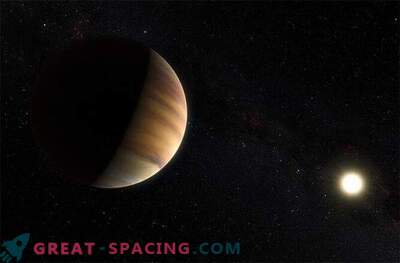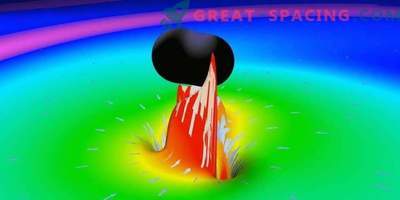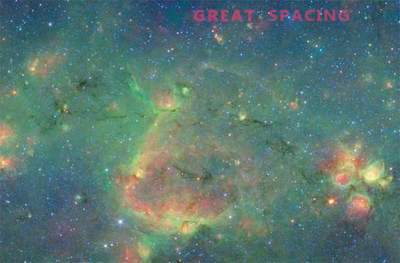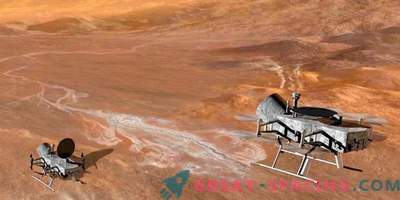
All terrestrial creatures feel comfortable, not physically feeling how the planet makes a complete rotation around the axis in 23 hours 56 minutes and 4 seconds. We also do not catch the speed of the planet (linear speed at the equator - 1670 km / h). But what happens if the planet accelerates?

Earth's rotation speed at various points on the globe.
Here, an important role is played by how much we increase the speed of rotation of the planet. For example, if you only accelerate the Earth by 1 km / h, then water will begin to migrate from the poles towards the equator, which will cause the sea level to rise by 2.5 cm. But we would notice it only a few years later. But we will quickly fix problems with geostationary satellites, whose rotational speed corresponds to the rotation of the planet. It is necessary to interrupt all satellite communications for a while, until the devices adjust the speed.

Graphic image of the axis of rotation of the Earth
All these moments bring only light discomfort, but there are things that are more catastrophic. The faster the Earth moves around the axis, the worse our position.
Fly!
Gravity is stronger than the centrifugal force of rotation of the planet, so with axial rotation, we feel comfortable. If the speed increases, the centrifugal force will receive a boost. Astronomer Sten Odenwald believes that with increasing speed, our weight will begin to decrease. With a rotation speed of about 30,000 km / h, the centrifugal force will exceed the effect of gravity, and you will feel weightless. It is believed that this may even push you off the planet.
The days will be shorter
The faster the earth rotates, the shorter the day. If now it is the usual 24 hours, then the acceleration by 1.6 km / h will shorten the day by 1.5 minutes. Increase the speed by another 160 km / h and get only 22 hours a day. This will be a stress for the human body, as well as plants and animals. All this will critically affect earthly life if it happens suddenly. However, a gradual slowdown with a duration of millions of years will allow us to adapt.
Hurricanes and water world

Gradually, acceleration will affect the atmosphere, as the winds will blow stronger and the weather will be more destructive. A big problem will be increased power hurricanes. But this is not the end. We have already mentioned that even a small acceleration will cause water to accumulate at the planetary equator.
If the Earth accelerates 160 km / h faster, the equatorial zones will begin to sink. The water depth will reach 10-20 m. If the speed increases by 1600 km / h, then all equatorial areas will be covered with water, leaving only the tops of the mountains, like Kilimanjaro.
Climatic disasters

The climate will also change. Because of the added centrifugal force, it will be much easier for water to fight gravity. Therefore, the air will become humid, the clouds will be heavy, and the terrain will be covered with thick fog. Have to get used to the constant rain.
But terrible things will start to happen if the speed grows by about 27000 km / h. If someone lives to this point, then he will be able to observe a case of reverse rain - drops from the sea will begin to rise into the atmosphere.
Earthquakes

It is possible that humanity will not be able to observe this picture. If the Earth continues to rotate at a speed of 40,000 km / h for thousands of years, the crust will shift. It will smooth out at the poles and bulge around the equatorial line. The planet will survive large-scale earthquakes. Tectonic plates will move with great speed, destroying the last traces of life.
Earth's speed is impermanent.
Well, we can be glad that our planet rotates at the present speed, allowing us to exist comfortably. But do not think that this indicator is constant. Melting glaciers, earthquakes, prices, large air masses - all this can change speed at the millisecond level.
Astronomers believe that 4.4 billion years ago a day on our planet lasted only 4 hours. Since the formation of the moon, the Earth’s speed has slowed by 4.8 km / h every 10 million years. Therefore, in the future, mankind will have to adapt to the deceleration, and not the acceleration of the Earth.
It is also important to note that our planet cannot suddenly accelerate 2 or more times. This is possible only after a collision with a large object. But such an event would destroy humanity anyway, so it’s not necessary to think about further consequences.
